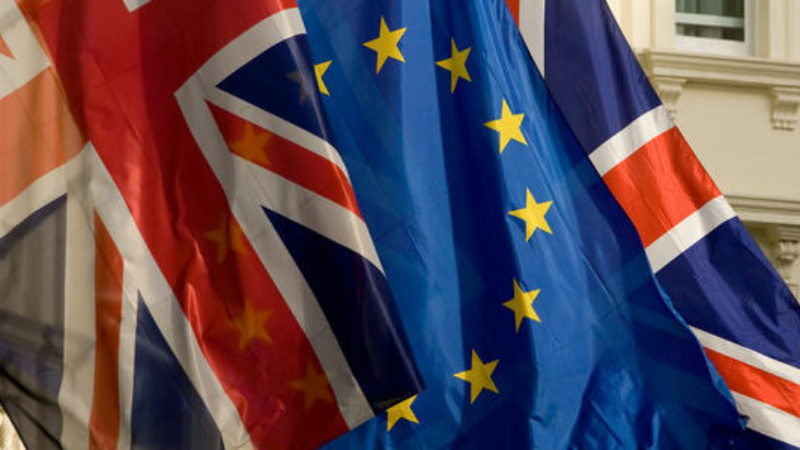

Brexit has disappeared but will reappear with a vengeance after the election. So how did calling an election halt the biggest political conversation of our day?
The Lib Dems used to thrive on lack of scrutiny of their policies. Their used to field capitalists against Tory incumbents and socialists against Labour. Then scrutiny arrived with coalition and destroyed them.
Being pro-Remain they looked for redemption by way of a USP – yet they squandered the opportunity by reverting to type. They have many candidates running in Brexit voting areas, so the leadership shied away from the anti-Brexit stance throughout the whole of the council elections and up to their manifesto launch, at which point it was too late to claw back lost ground.
Their ironic reward came at the televised leaders’ debate when Tim Farron achieved less recognition than the one whose party has no MPs and only one councillor – “Paul of the Dead” from UKIP.
Due to the lack of strong Labour opposition to Brexit, here’s what we missed in the run up to the elections.
On April 14, The Irish Times ran an article, quoting the Republic’s most senior Brexit official, saying the British government was coming to “a gradual realisation that Brexit in many ways is an act of great self-harm, and that the focus now is on minimising that self-harm.”
No one is closer to Brexit than the Irish, and John Callinan is from the office of the Taoiseach, so this was on the record.
Then Boris Johnson was humiliated at the G7. It is implausible that he pushed forward a Russian sanctions plan without believing he had the backing of our allies. The list of Trump u-turns should be condensed into one – he stopped following the mob and started working with allies, particularly Angela Merkel.
While Labour dropped its opposition to Brexit, the real opposition has emerged elsewhere. The London banks have been wisely moving offices to a selection of EU cities in a concerted effort to avoid Paris and Frankfurt and to stop French and German politicians from coveting the prized business. Meanwhile the bank lobbying has paid off with authoritative voices advising that an attack on the City of London would damage the EU.
The British car industry is not in so safe a position either. There have been constant warnings coming from Merkel and anecdotal reports of German car manufactures building new supply links on the continent. Whatever promises were made to the Nissan boss, they were not legally binding.
So Remain-voting London wins while the Brexit-backing north loses, due to the referendum outcome being followed through. Another irony.
It is possible that Theresa May could kick Brexit into the long grass. A manifesto commitment does not mean you have to do what you promised, it just means you cannot do the opposite. This was underlined today with her screeching u-turn on the costs of social care.
So where does that leave the Labour Party now? We have let the Tories off the hook over the EU. We could have been highlighting the €100bn Brexit bill. Instead we are reading a Tory manifesto that promises £350m a week in retained EU contributions for a “shared prosperity fund”.
Throughout this last year we have missed every opportunity to hammer the Tories on Brexit. When India agreed to do a trade deal in return for immigration rights, we could have enjoyed their humiliation for weeks but failed to do so. When I asked Keir Starmer why not, he told me, “You know, India only accounts for two per cent of our exports.” I didn’t think it was relevant to hammering the Tories. Politics is supposed to be a blood sport. We enjoy the humiliation of the other side.
We said nothing when David Davis told the eastern European countries that their migrants would continue to come here. We said little when he admitted that budgetary contributions would continue. The one good point we have made, however, is to continually highlight the broken £350m NHS promise.
May is not strong and stable but, at times, she appears unopposed. She is, however, just spinning plates. If the Tories win this election and Labour follows up with a convoluted policy on Brexit then the only “strong and stable” institution will be the Conservative party, rather than the country. Labour will need to start opposing on the EU.




More from LabourList
‘Factionalism at the top Is weakening Labour – and handing a gift to Reform’
‘Europe must stand strong on its own as US security guarantees grow conditional’
‘Tackling poverty should be the legacy of Keir Starmer’s government’